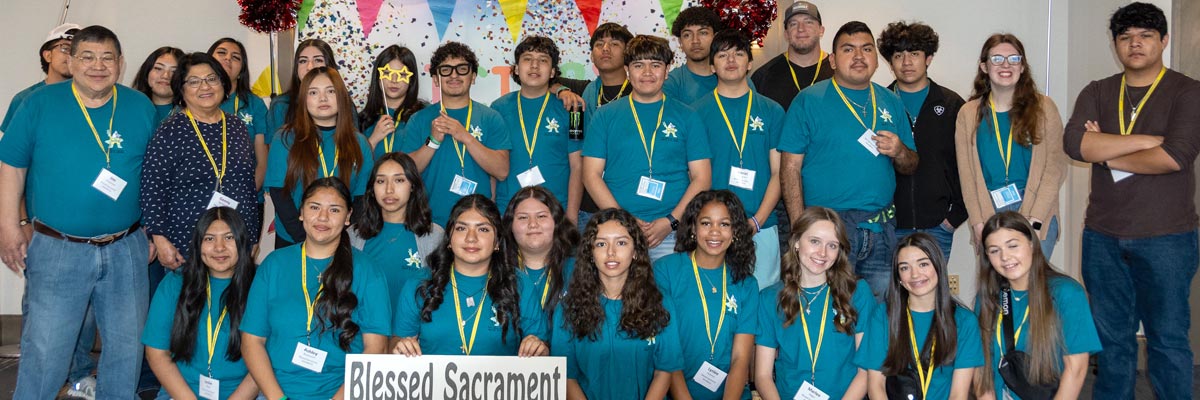Official Website of the
Catholic Diocese of Little Rock
Message received during a homily involves listener and speaker
Published: July 9, 2005
By Dr. Linda Webster
On Nov. 20, 1863, Abraham Lincoln penned a reply to Edward Everett, the more anticipated of the speakers at the Gettysburg cemetery, who had praised the brevity of the president’s remarks. “In our respective parts yesterday, you could not have been excused to make a short address, nor I a long one,” wrote Lincoln. The president had, however, thoroughly disappointed the crowd in attendance that expected an address of an hour or two. His speech, only a few minutes in length, was an insult — and simply unheard by those who weren’t ready to listen until the introductory remarks were concluded. Teachers will attest that there are days when they connect fully with some students in their classes, and then there are other days when they might as well save their breath: Same teacher, same students. But bring in a substitute teacher or guest lecturer and something happens. The new voice with its new perspective captures attention because it’s out of the ordinary. Perhaps this new voice speaks more loudly or more softly; perhaps the stories are different, the intonation is unusual, or the energy level reaches dramatic heights. Or, perhaps this voice is too loud or too soft, the stories boring, the intonation annoying, and the energy level entirely absent. Either way, a change is an opportunity to challenge our usual behavior because we may have taught ourselves to tune out mentally what has become familiar. In a totally unscientific experiment, I began attending different churches in the diocese over several months’ time to listen to a variety of voices and see what captured my attention. Would it be those sermons that were witty or those that weren’t? Might it be a heartfelt testimony or something predictably rote? Could it be a message that was mercifully brief or more of a marathon approach to theological teaching? The answer is all of the above. I took away something new from every listening experience. Wit illustrated the ironies of being human in an imperfect world while pedantry dramatized how we tend to plod along with limited awareness. The deeply personal messages connected all of us in our shared humanity while those by rote may have reflected a life momentarily distracted and uneasy. A brief, pithy message is easily remembered while a lengthy discourse may have a touchstone for everyone at one point or another. The only differences among all of these sermons came from within when I challenged myself to both listen and question how I was listening. Go to the Gospels and, in reading them, pay attention to which of them seems to bring Christ’s message to life for you; which doesn’t. These, too, are voices to which we attend differently and how richly blessed we are to have their variety in the canon. The perspective shifted only when I asked myself what it was I was prepared to receive from the sermon as opposed to what I was willing to hear. It’s wise to remember that while the famous orator Edward Everett gave the crowd gathered at Gettysburg the lengthy stylized address they’d prepared to hear, it was Abraham Lincoln’s brief and much criticized remarks that transcended expectation and famously live on. Dr. Linda Webster has a bachelor’s degree in theology from St. Gregory University in Shawnee, Okla. She lives in Monticello.









